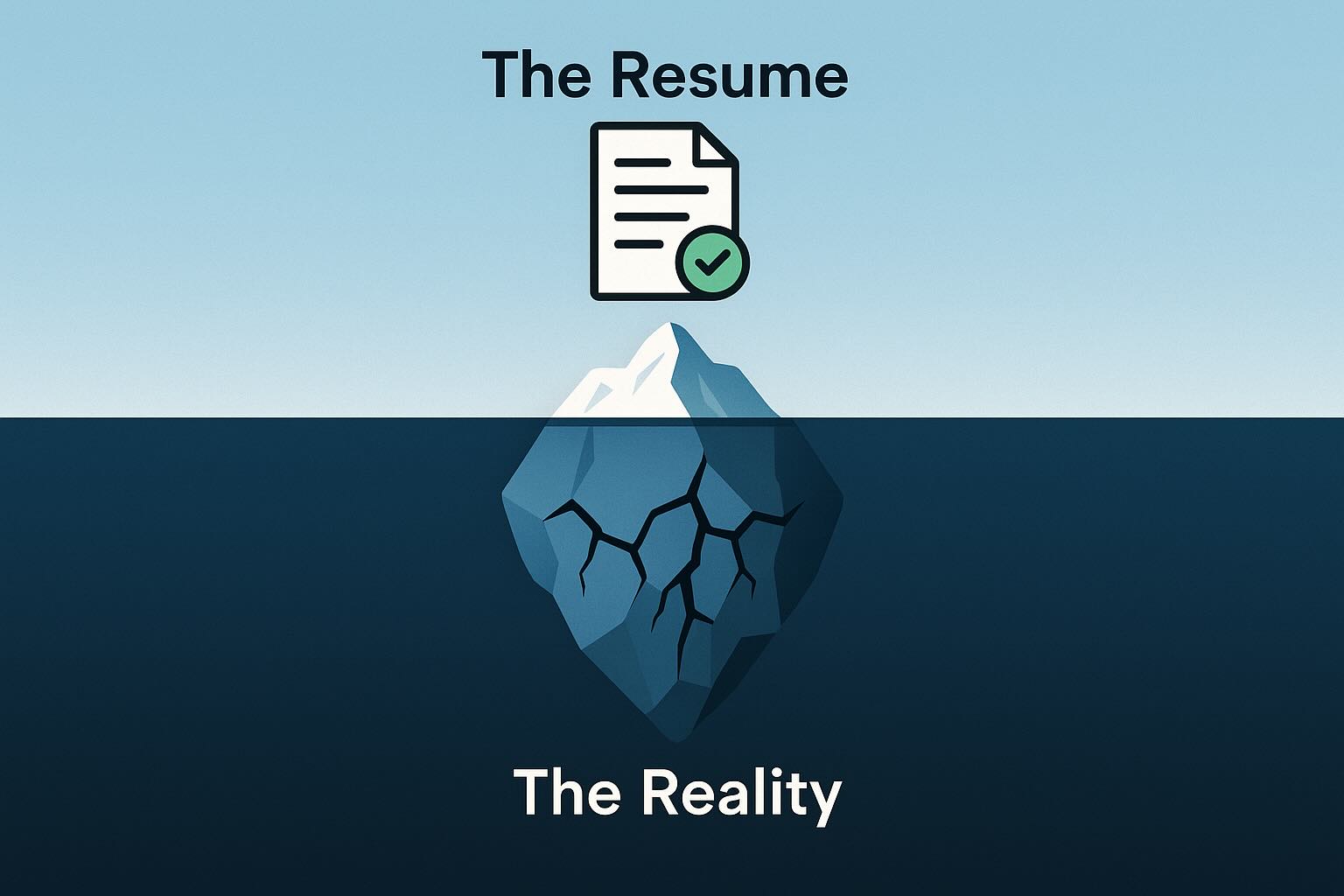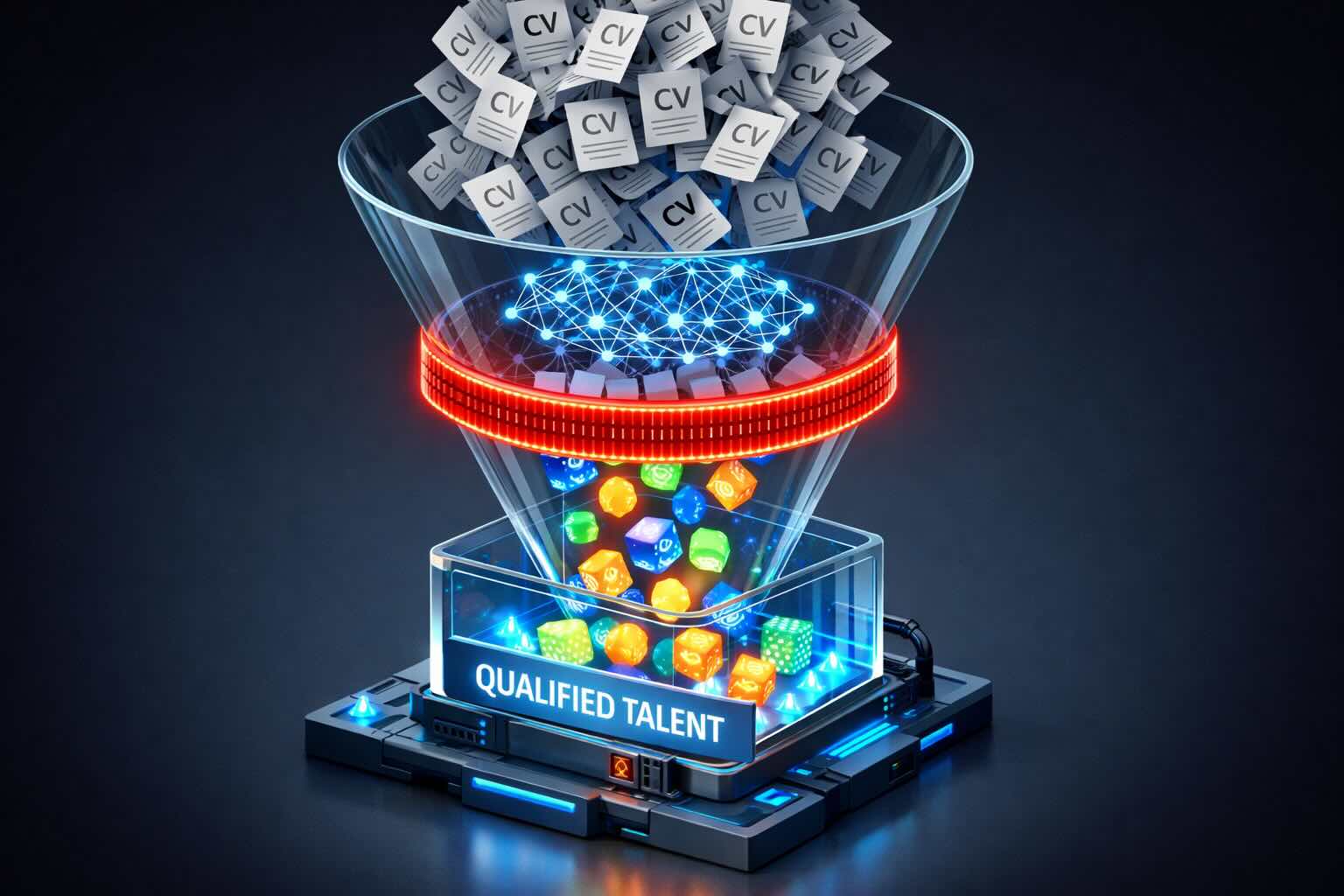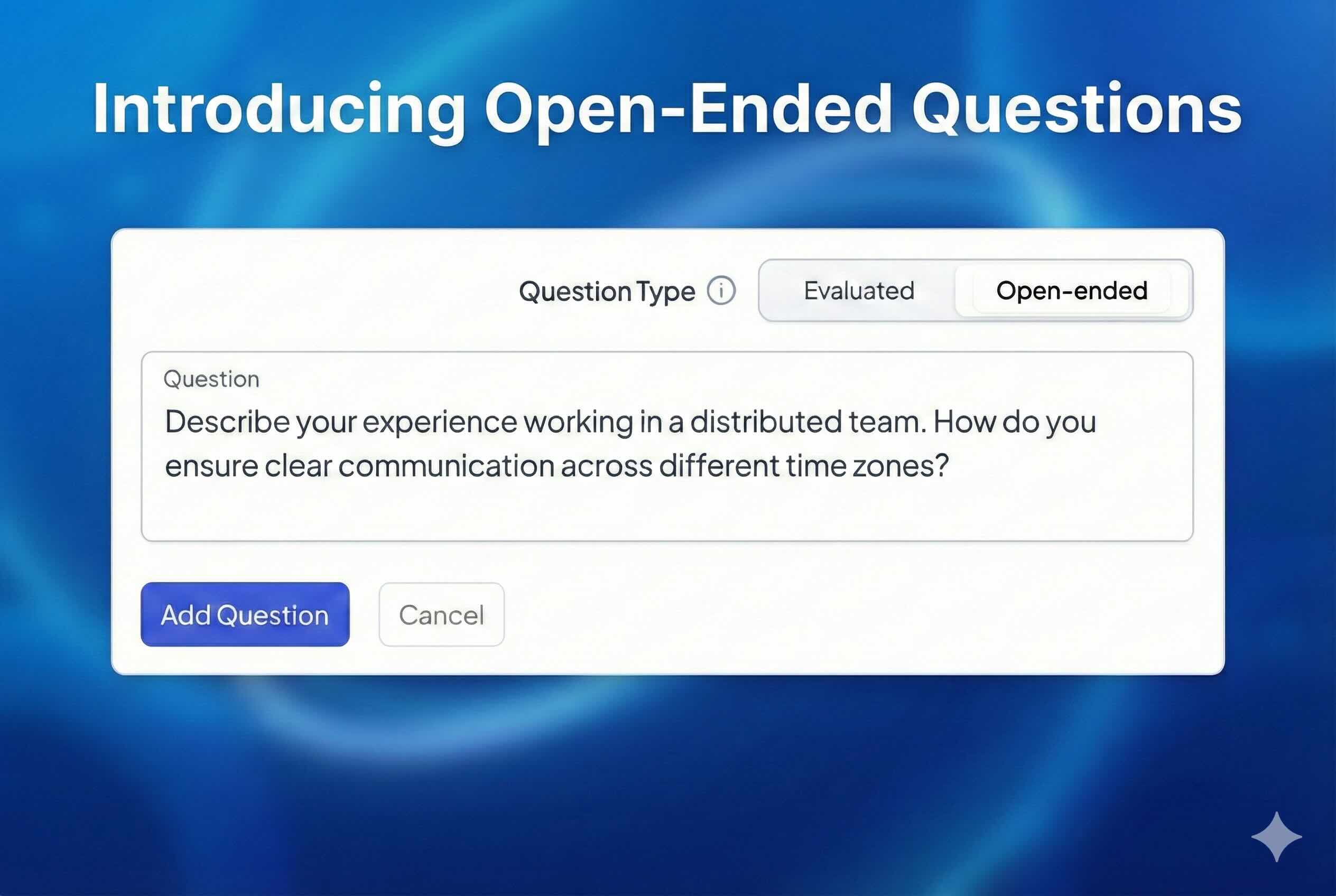
Resume Scanning vs. Technical Screening: Choosing the Right AI Tool
The promise of AI in recruiting is huge. AI recruiting tools can automate tedious tasks, streamline workflows, and help you find candidates faster than ever. But there’s a new challenge: candidates are using AI, too.
In today's hiring landscape, it’s not enough for your AI to read a resume; it has to be able to look beyond the page and verify actual skill. This is especially true in technical hiring.
Many companies invest in an AI recruiting tool only to find it doesn’t solve their core problem: hiring qualified engineers. This post will compare two popular types of AI tools: the resume scanner and the technical screener.
The AI Resume Scanner: A Tool for Volume
AI-powered resume scanners are often the first tool companies adopt. They automatically parse resumes, extract information, and match keywords from a job description to a candidate’s resume. For high-volume, non-technical roles, they can be a lifesaver, quickly turning a flood of 1,000 applications into a manageable list.
The Critical Flaw: The AI-Generated Resume
The problem is that these tools were built for an era before generative AI was in every candidate’s pocket. The number of unqualified candidates is increasing because they now use AI to modify their applications to perfectly fit the job criteria. This makes automated resume and cover letter filters largely irrelevant.
This has created an "authenticity crisis" where hiring managers struggle to differentiate between candidates with genuine talent and those who are just good at the performance art of interviewing. An AI resume scanner can tell you if a candidate wrote "Python" and "APIs" on their resume, but it can't tell you if they actually understand them.
The Solution: AI Technical Screening
Your Verification Layer
This is where an AI technical screening tool comes in. It’s a specialized AI recruiting tool designed not to read a resume, but to verify the skills on it.
Instead of scanning for keywords, this tool actively assesses a candidate's knowledge. A platform like EvoHire uses an AI agent that calls the candidate and asks them a series of technical questions from a pre-determined question bank. The focus is on a candidate’s conceptual understanding of designing systems and the fundamentals of the technologies they use , which is far more important than their ability to write simple code.
The AI then generates a detailed report with a full transcript, a recording of the call, an AI-generated summary, and a report on whether the candidate was likely cheating. This allows a hiring manager to quickly determine "whether or not they are actually good at what they say they can do"
Head-to-Head Comparison
The Perfect Funnel: Using Both Tools to Your Advantage
The most effective strategy isn't necessarily choosing one tool over the other. It's about using them for the right purpose. An AI resume scanner can handle the initial deluge of applications, but for technical roles, an AI technical screening tool is the essential second step. It's the quality-control checkpoint that ensures your expensive engineering time is only spent on candidates who have already demonstrated genuine technical ability.
Conclusion: Stop Scanning, Start Verifying
In the age of AI, you can no longer trust a resume to be an authentic signal of skill. For technical hiring, you need more than a document reader. You need an AI recruiting tool that can go deeper and verify a candidate's abilities.
While a resume scanner can tell you who applied, an AI technical screening tool can tell you who can actually do the job.
Ready to move beyond keyword matching? See how EvoHire can verify your candidates' skills and help you hire with confidence.
Ready to Accelerate Your Hiring Velocity?
Leverage AI agents to eliminate false-positive interviews and save valuable engineering time









